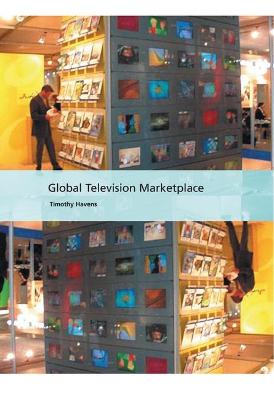International Screen Industries
1 total work
What television viewers around the world watch often depends less on popularity or government policies than on the personal relationships between buyers and sellers in the international programme market. A few thousand acquisitions and distribution professionals decide what programmes the earth's inhabitants can watch, and who can watch them. This book provides an inside look at the cultural assumptions and business practices of these television merchants. It argues that the market in television programs responds principally to institutional needs, rather than to the wishes of the viewing public or the skills of television's creative artists. Leaving aside conventional questions about the production contexts, textual strategies, or popular reception of entertainment television worldwide, this project trains its focus on the business practices of global television sales in order to provide a lucid overview of the diversity of firms, business practices, and programming genres present in international television. Consequently, this volume provides the first comprehensive portrait of the operations of the international television business, the people who work in the business, and the ideas that circulate among these businesspeople. Such a portrait is crucial to any theoretical treatment of television globalisation, since international television executives determine global television flows in the first instance, based on their own understandings of the economics of the business and the preferences of their primary audiences.
